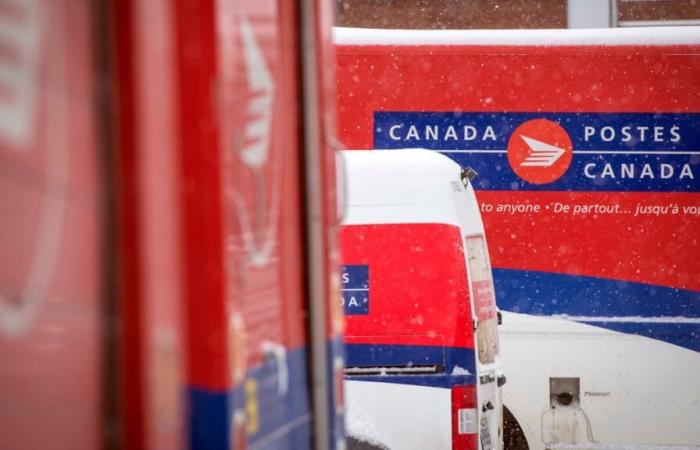The list of those suffering the consequences of the labor dispute at Canada Post is constantly growing.
The strike is costing billions of dollars to SMEs who depended on services to deliver their packages before the holiday season.
Parents are waiting for essential documents for their children.
Travelers are worried because they don’t have their passport.
Test results will be transmitted late because the network still uses mail to send samples.
Taxpayers are at risk of being late in paying their bills that they are waiting for in the mail.
Even Canada Post’s competitors have their hands full!
Above all, charities lost millions of dollars in donations because of the labor dispute. Money to fight cancer, for Christmas baskets, to help vulnerable people…
The list is long!
And the frustration is great!
The Trudeau government will be held accountable to all these people!
He has the power to impose special law as he did in 2018.
At the time, the government said it was forced to intervene because of the economic repercussions of the holiday strike!
The only thing that has changed since then is that his government has granted itself a new superpower to put an end to labor disputes, without passing any special law!
This is what he did to force a return to work in ports and railways.
If the conflict persists, it is first and foremost because of the federal government.
A way out
The union certainly won’t say it, but it would be an honorable way out for workers, especially before Christmas.
Because they too are going to have a difficult holiday season, without pay or benefits.
By returning to work, and forcing mediation, the government would at least resolve a few knots, such as wages and weekend delivery.
At the same time, Canada Post, the union and the government must be aware that the real problems will not be resolved at the negotiating table.
It will take government intervention!
Major and old problems
In 2023, Canada Post reported a pre-tax loss of $748 million, 37% more than in 2022!
Its market share in the parcel sector has fallen from 62% before the pandemic to 29%!
Faced with this observation, it is not by limiting salary increases and delivering packages on weekends that the company will get its head above water.
The government must ask itself fundamental questions.
For example, does mail still have to be delivered every day? Is home delivery still necessary?
The irony of political life is that 11 years ago, on December 11, 2013, the Harper government announced the end of home delivery!
We’re back to square one!






